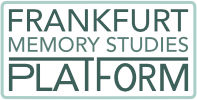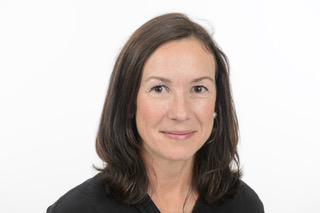This lecture was cancelled.
Annika Björkdahl (Lund University)
November 14, 2023, 2.15 pm
Campus Westend, HZ 14
Goethe University Frankfurt,
Event in collaboration with TraCe and the Marburg Center for Peace and Conflict Studies.
Download the poster here.
In transitions from war to peace the act of giving testimony has gained an increasingly important role as witnesses over the last decades have fought impunity and transformed international law. This has established the experiences of victims as a crucial point of reference, and brought forward new perspectives on what a just and durable peace must entail. Indeed, the personal testimony is understood as a key driving force in the era of transitional justice.
We take a particular interest in women’s testimonies that collectively have played a key role in producing new knowledge about gendered experiences of war and its aftermath. Women have come forward to testify about their wartime experiences in a variety of sites, breaking silences around gendered suffering and death, and forever changing our understanding of what constitutes a war crime. The collection of testimonies brings forth a number of facets of women’s testimonies, many of them troubling. They show disturbing patterns of brutal societal forces silencing the witnesses, while also demonstrating the power and courage of the witnesses. The words of the witnesses can indeed have transformative power and a global impact. Certainly, women witnesses have been instrumental for the advocacy that created the Women, Peace and Security (WPS) agenda as a global platform for furthering gender equality.
This project collects and analyses a rich corpus of women’s testimonies from four seminal conflicts: testimonies of the genocide in Rwanda (1994), testimonies pertaining to wartime rape in Bosnia-Herzegovina (1992–1995), the civil war in Sri Lanka (1983–2009), and testimonies of the violence perpetrated by the Islamic State (ISIS) in northern Iraq (2014). The testimonies have emerged over the years in a multitude of modes and sites and when we bring them together, we see how testifying is a gendered, agential practice: the women exercise what can be termed narrative agency. We develop a theoretical framework that provides a fundamentally new tool of analysis to understand how women witnesses use their narrative agency to contribute to transitional justice, peacebuilding and societal transformation.
Annika Björkdahl is Professor of Political Science and co-editor of the Palgrave Book Series Rethinking Peace and Conflict Studies with Oliver Richmond and Gezim Visoka.



